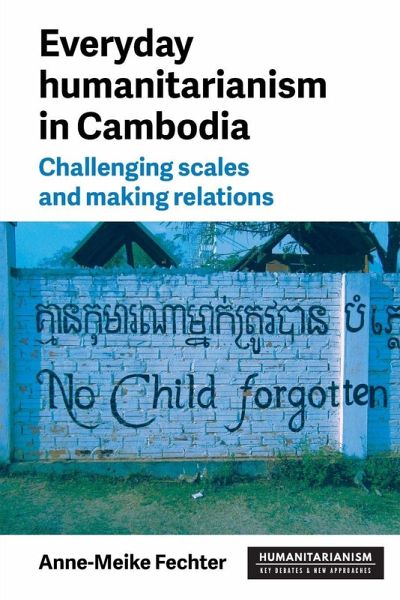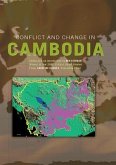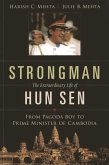Everyday humanitarianism in Cambodia grapples with an essential human conundrum: in a world of pervasive inequality and poverty, where should one intervene? What shapes our choices? And what difference can a seemingly small act make? Humanitarianism is often understood through its institutional forms, with large-scale approaches being equated with importance. This book shows how informal and local forms of aid - everyday humanitarianism - disrupts this assumption. Drawing on ethnographic work with Cambodian and foreign practitioners who set up their own projects, it offers a detailed account of the unseen world of privately-funded aid. It reveals radically different understandings of how individual actions matter. Everyday humanitarians make use of their own, interlinking scales, rendering people and causes meaningful regardless of numbers or size. Applying this scalar approach to social relations unsettles long-held imperatives such as humanitarian impartiality. Through tracing whom people choose to support and why, Fechter argues that much of this humanitarianism is, on the contrary, driven by partiality. Critically nuancing the trope of the white saviour, what matters is shared history and biographical affinities between people - which motivate humanitarian action. Recalibrating our understanding of how individual actions matter and what 'counts' in humanitarianism, this volume will appeal to humanitarian scholars, policy makers and practitioners, as well as those interested in social activism, human rights, and kindness and mutual aid.
Hinweis: Dieser Artikel kann nur an eine deutsche Lieferadresse ausgeliefert werden.
Hinweis: Dieser Artikel kann nur an eine deutsche Lieferadresse ausgeliefert werden.








